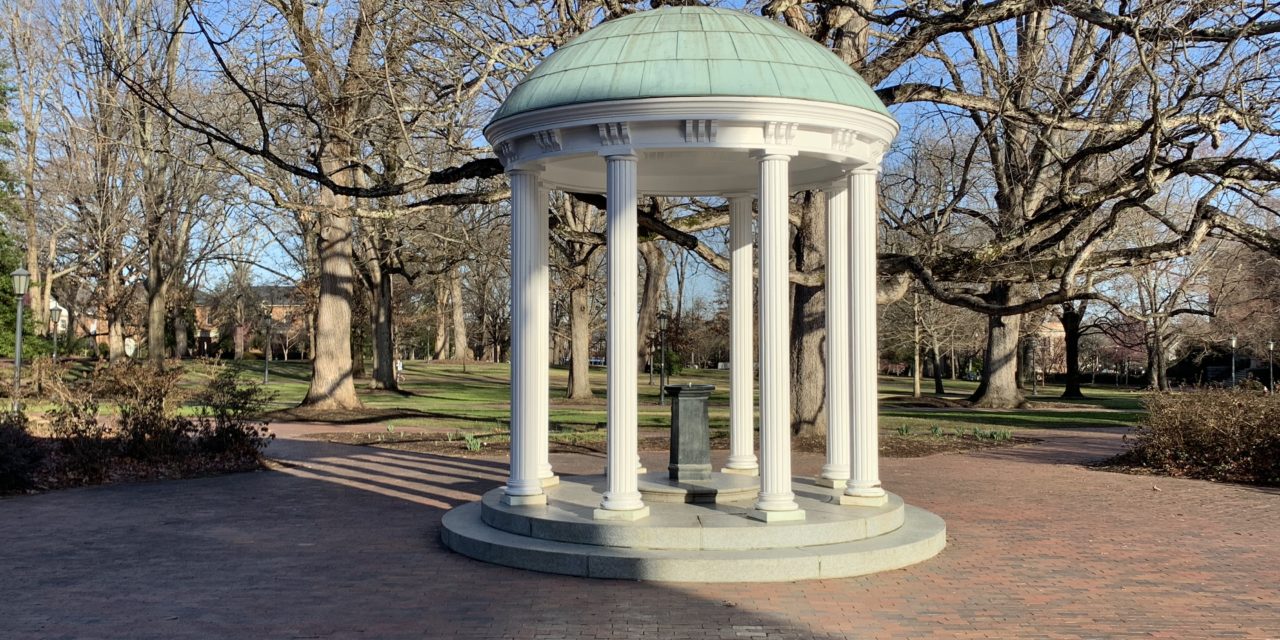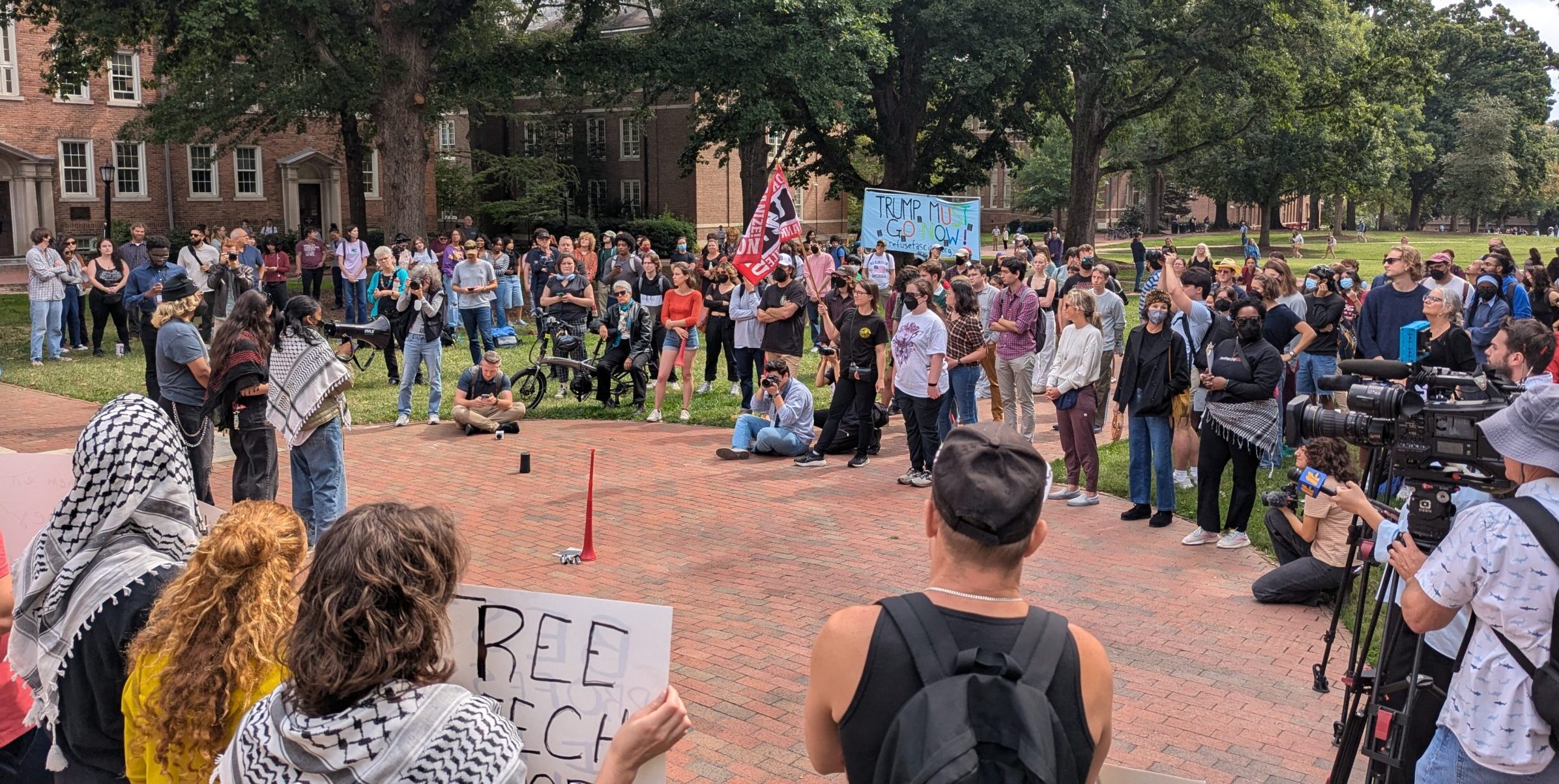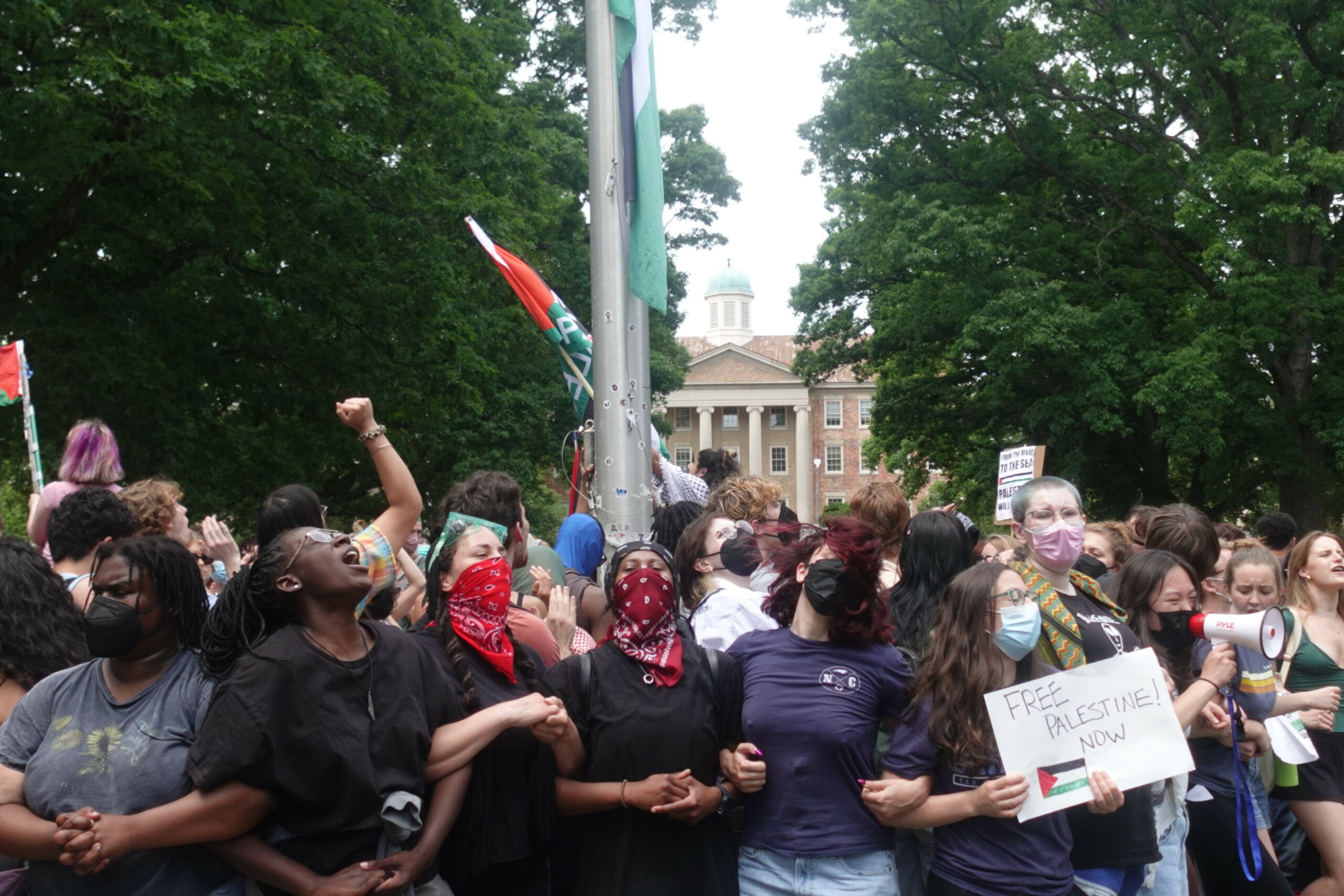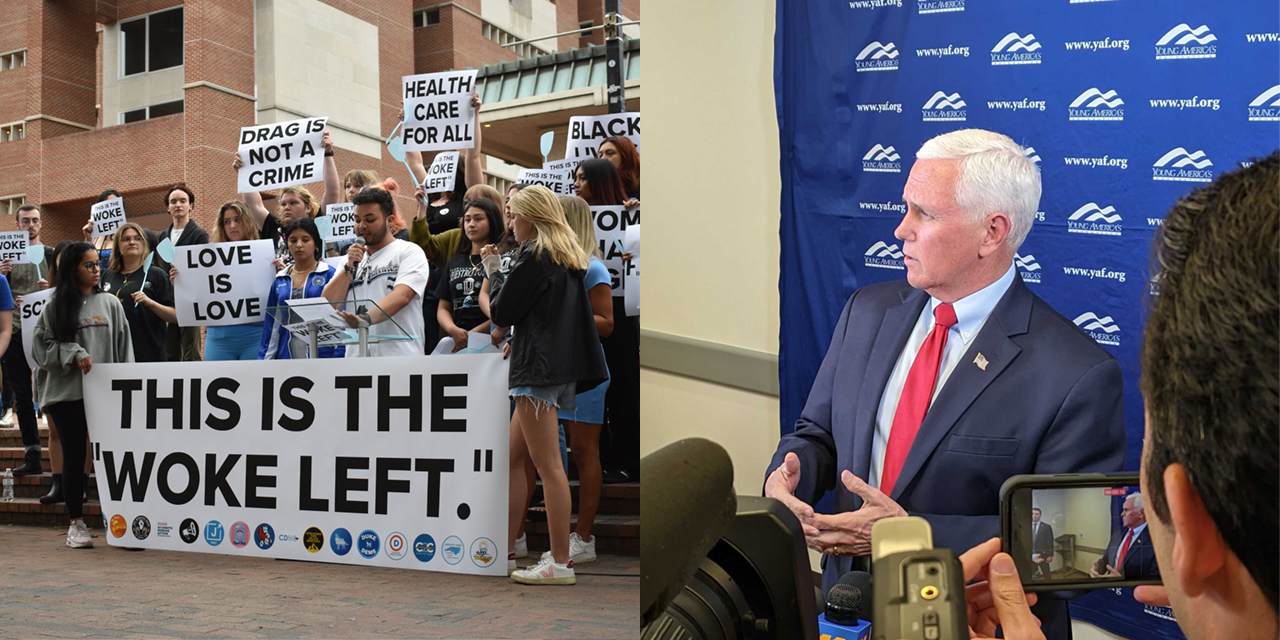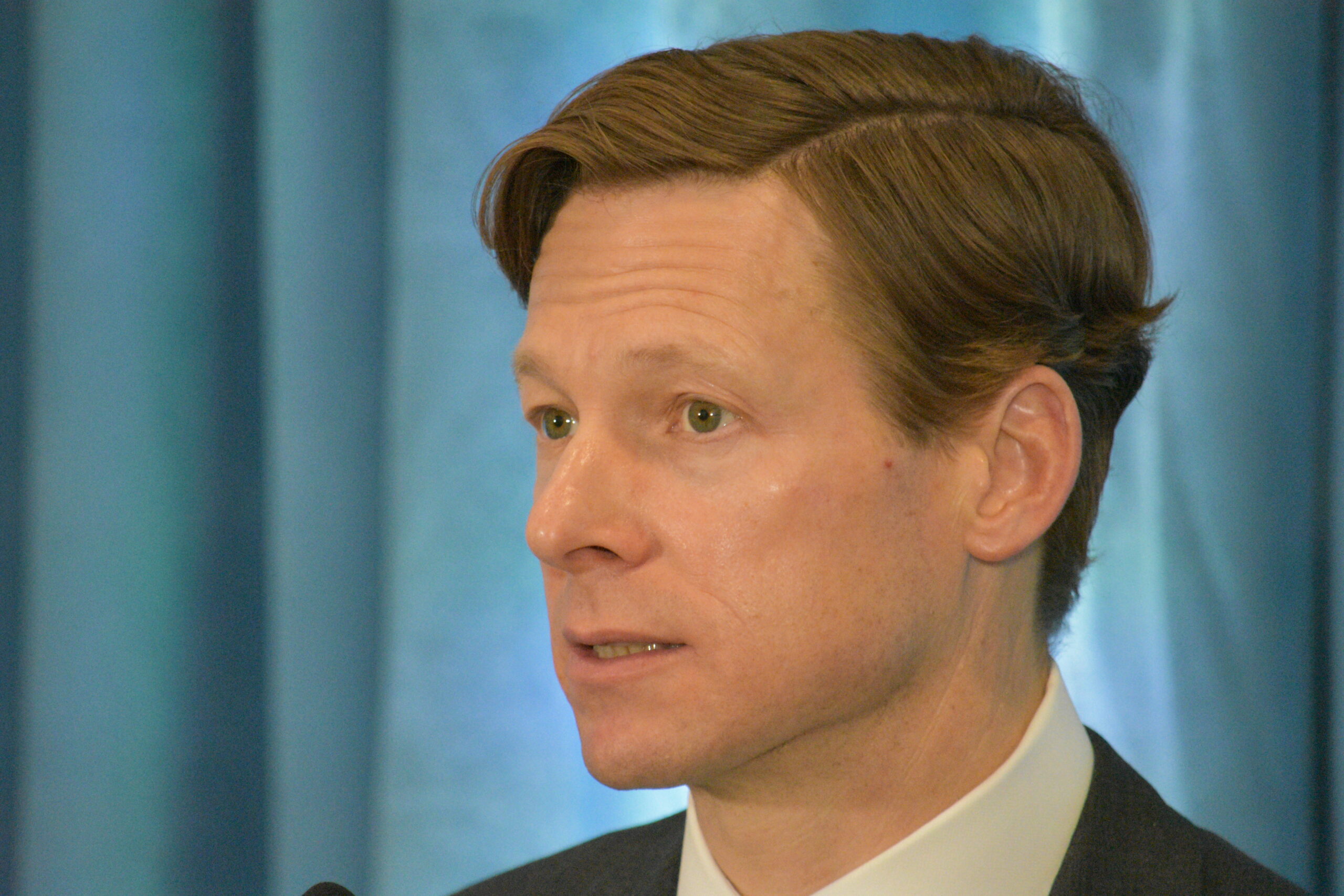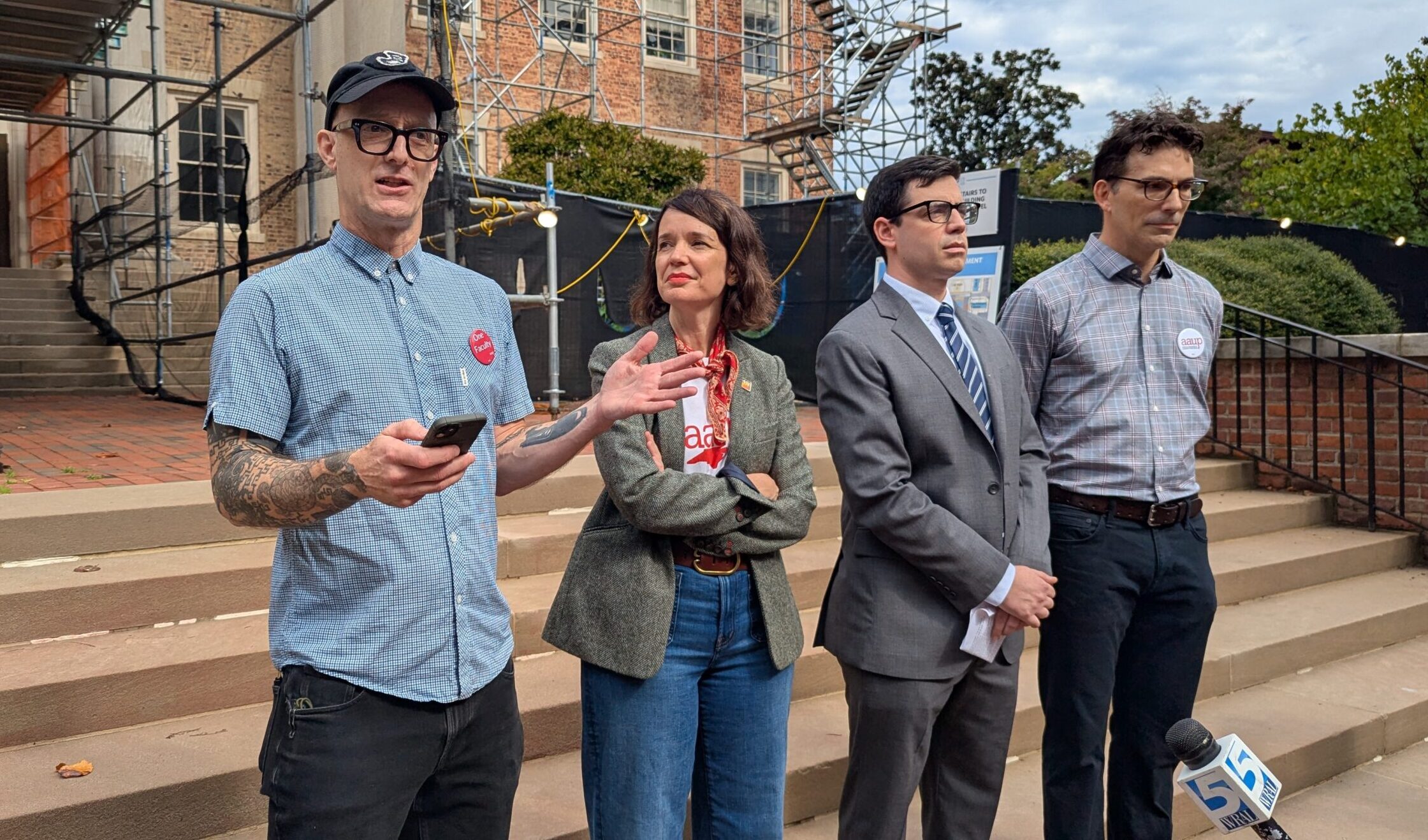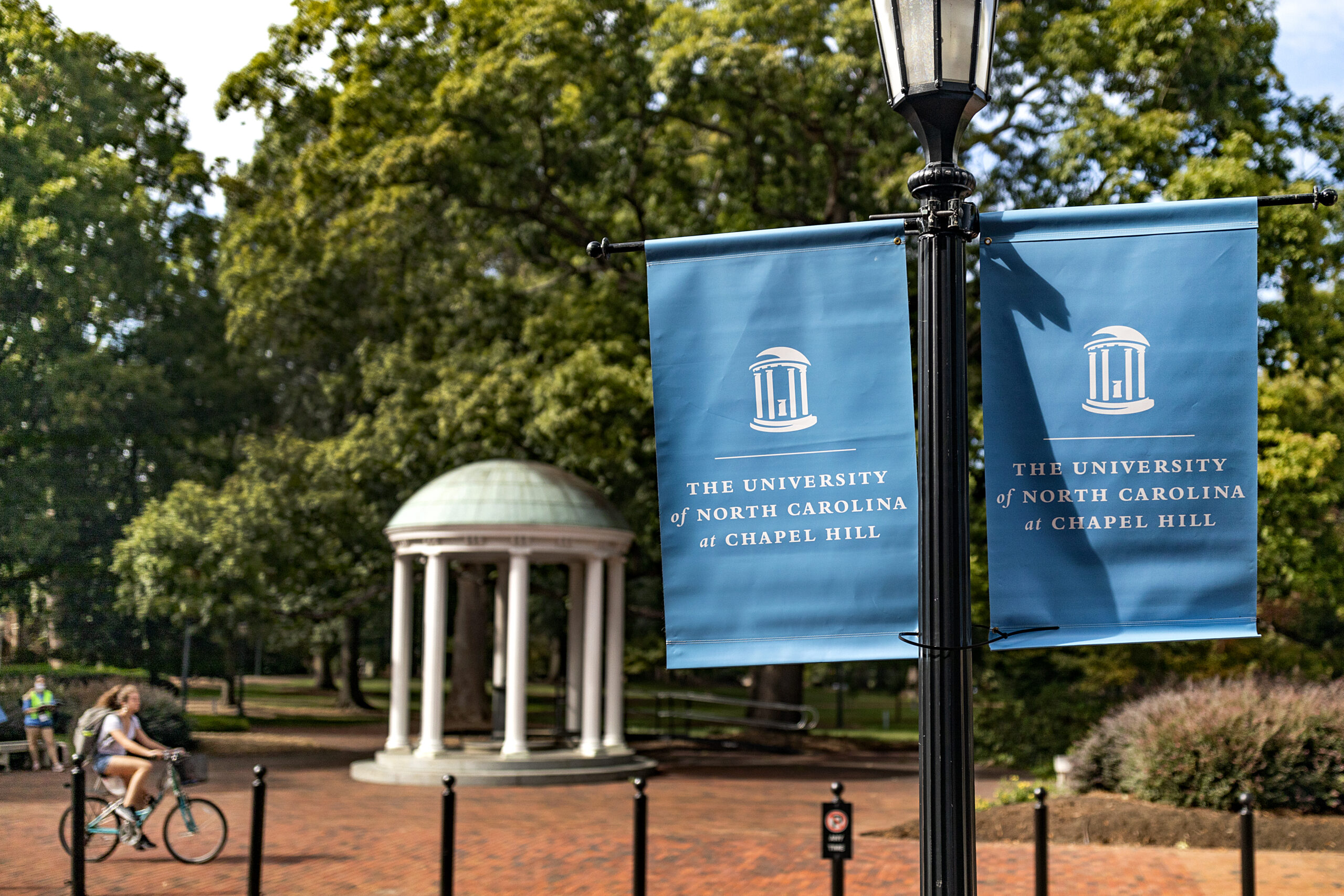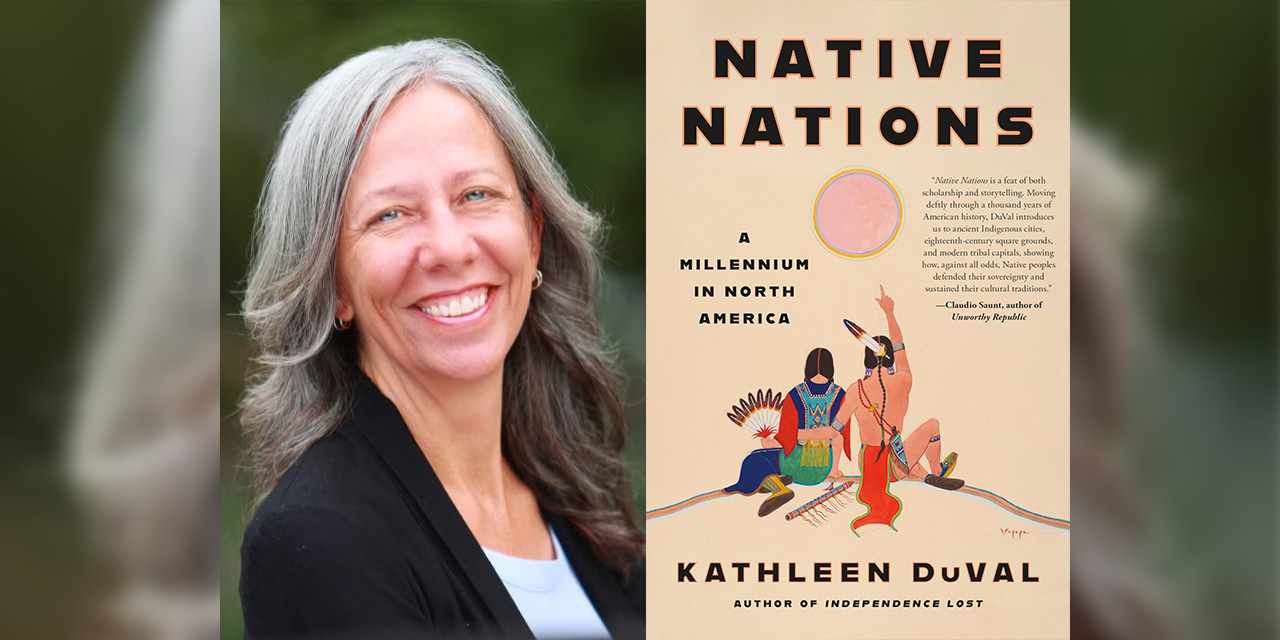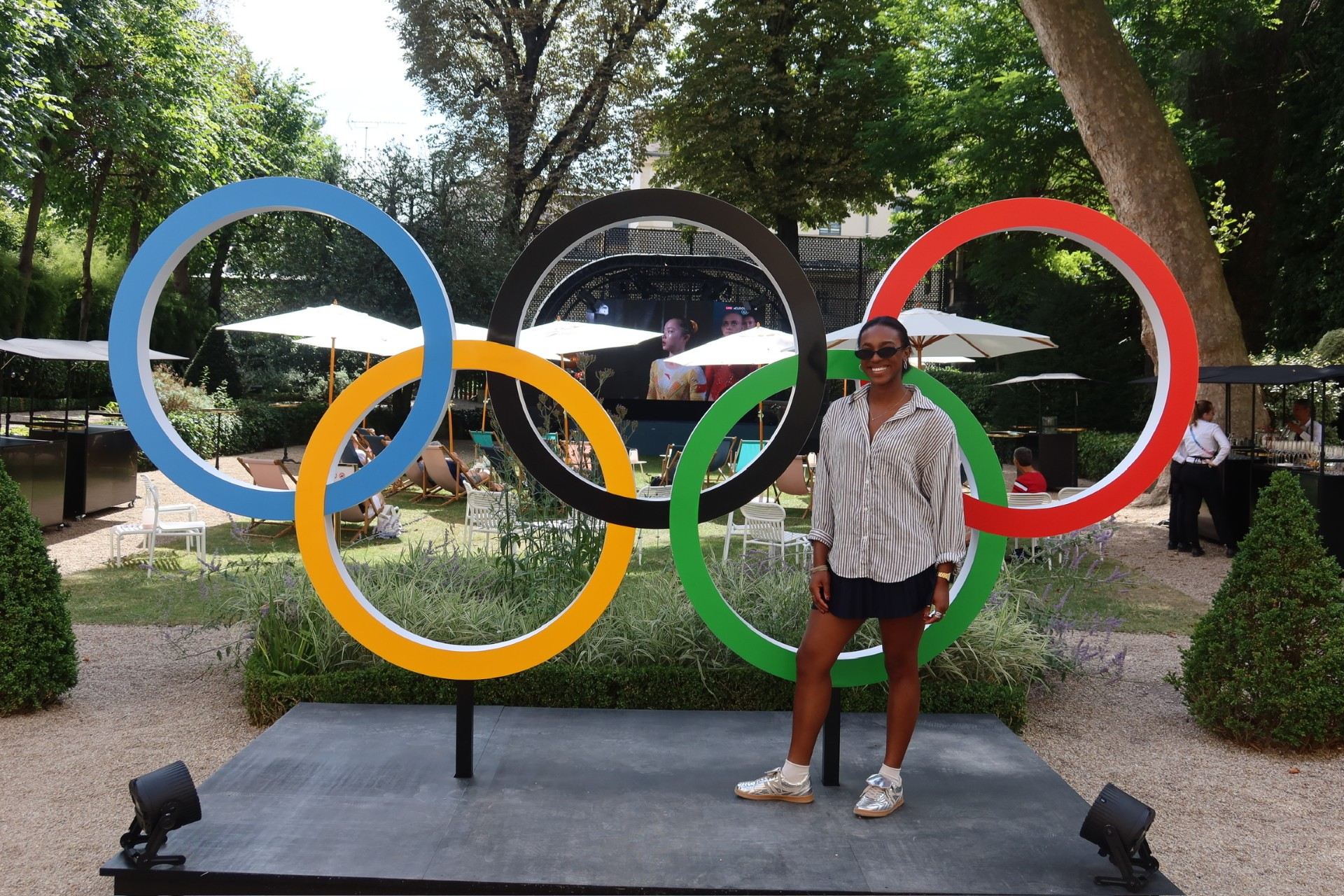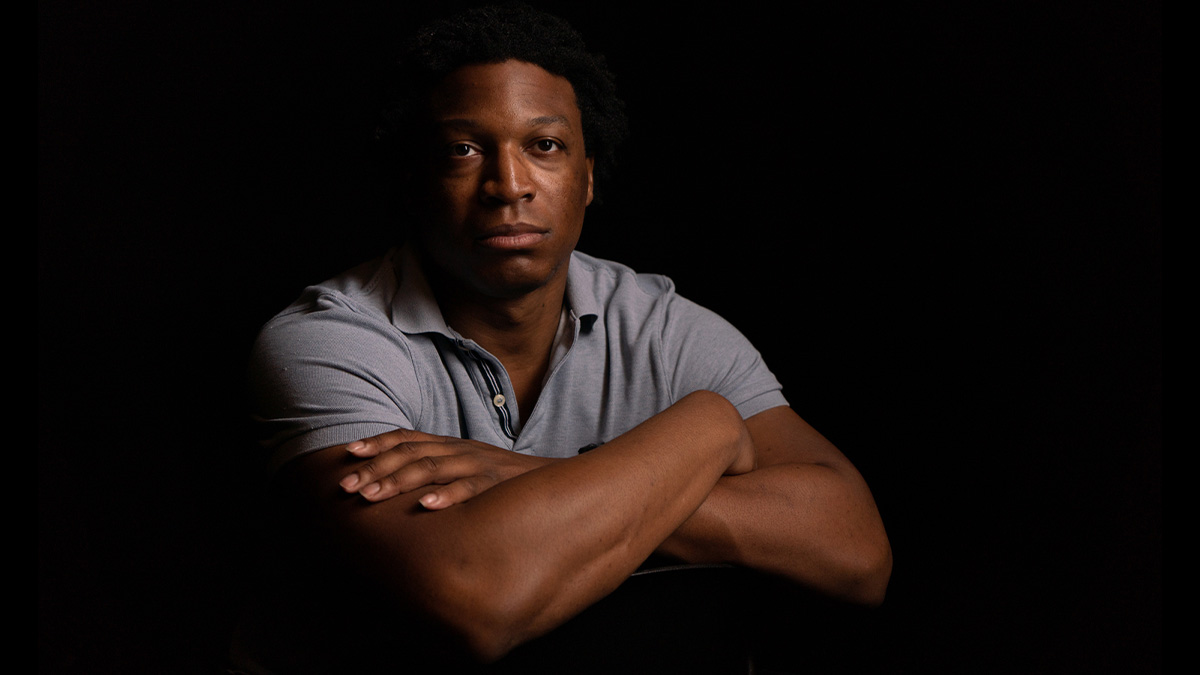UNC faculty members are once again sounding an alarm about free speech and privacy concerns, after new revelations that a university inquiry into a suspected data breach went deeper than originally believed.
UNC’s Faculty Council spent an hour discussing the issue last week, following the release of new documents in response to a public records request.
“The main concern is not that there was a [policy] violation,” said UNC constitutional law professor Mary-Rose Papandrea at Friday’s meeting. “Rather, the concern here is twofold: that the search and the questioning of the professors was done in apparent retaliation for expressing public concerns — and that email searches, even if technically permitted, can have a chilling effect on the freedom of speech & association.”
At issue is what happened last year, when details of a donor agreement were made public amidst the fight over Nikole Hannah-Jones’ application for a tenured position in the Hussman School of Journalism and Media. The donor agreement was with Walter Hussman, after whom the school is named; Hussman had reportedly put some pressure on members of the Board of Trustees to deny her tenure request.
UNC later acknowledged that the donor agreement was public record. But the university still launched an inquiry into what was described as a “data breach” — and as part of the inquiry, UNC searched the email accounts of some of the professors who’d been most vocally critical of the university’s handling of the situation. And earlier this month, NC Policy Watch reported that the search went beyond emails; new documents show that UNC also searched faculty members’ computer backup systems as well.
That search, in and of itself, was not illegal. Papandrea said UNC’s action was in line with the university’s Privacy of Electronic Information Policy.
“The policy states very clearly, wherever possible in a public setting, individuals’ privacy should be preserved — [but] there is no guarantee of privacy or confidentiality for data stored or messages stored or sent on university-owned equipment,” Papandrea said.
But Papandrea added that UNC may have violated faculty members’ free speech rights if the search was meant to be an act of retaliation for speaking out.
“It would not make any sense, and would likely be unconstitutional, to punish a faculty member for sharing the contents of a donor agreement if that agreement is a matter of public record,” she said — adding further that UNC policy also does not prohibit faculty members from revealing details of agreements, even when they’re confidential.
Moreover, while UNC’s privacy policy is designed to set limits on when officials may search faculty emails, Papandrea says one provision of that policy is so vaguely worded that it effectively allows searches in any circumstance at all.
“Provision C … allows the university to look at the email, to retrieve or review [it,] for university purposes, university-related information,” she said. “I wouldn’t know how to put a limiting construction on that.”
And even if the university is allowed to do something, UNC law professor Eric Muller observed that it’s a separate question whether it should.
“When my daughters were in high school, I had the authority to go into their rooms at any time and search around — but I didn’t do it, because I was concerned about my relationship with my daughters,” he said. “I really hope that as we continue this discussion, there will be ample reflection on the frankly devastating impact that this can have on the sense the faculty have of being secure in their own place of employment.”
Speaking to the faculty council, Chancellor Kevin Guskiewicz denied that any faculty member was ever under “investigation,” nor were any of UNC’s actions taken with the intent of punishment or retaliation.
“I want to be clear that there was no investigation,” Guskiewicz said Friday. “This was an inquiry … and if something is revealed there, that’s the point at which an investigation might begin. A data inquiry was conducted to determine how a release of a donor agreement had occurred, and the focus of that inquiry was always on information relevant to the agreement, not employee speech in any way.”
But faculty chair Mimi Chapman pushed back on the distinction Guskiewicz drew between an “inquiry” and an “investigation,” saying, “I don’t know that there’s a distinction in how that feels to the faculty member.”
And Muller added that even an “inquiry” may not have been necessary.
“System security is not an absolute value,” he said. “The fact that this may have been intended to investigate or determine the existence of a breach of system security, in and of itself, doesn’t mean you have to do something about it, and it doesn’t dictate what it is you have to do.”
There seemed to be a general consensus at Friday’s meeting that the existing privacy policy likely needs to be revised. Chancellor Guskiewicz and Provost Chris Clemens both told the faculty council that those discussions are already starting to get underway – and Clemens said he’d be looking to faculty members to take the lead.
“I think there’s no doubt we’re going to be looking at the policy; I’m already looking at the policy and I have some suggestions,” Clemens said. “But we don’t need one set of suggestions from me – what we need are good ideas from the faculty, through the faculty council committee.”
The Daily Tar Heel reports UNC’s electronic privacy policy has not been revised since 2002.
Chapelboro.com does not charge subscription fees, and you can directly support our efforts in local journalism here. Want more of what you see on Chapelboro? Let us bring free local news and community information to you by signing up for our biweekly newsletter.

